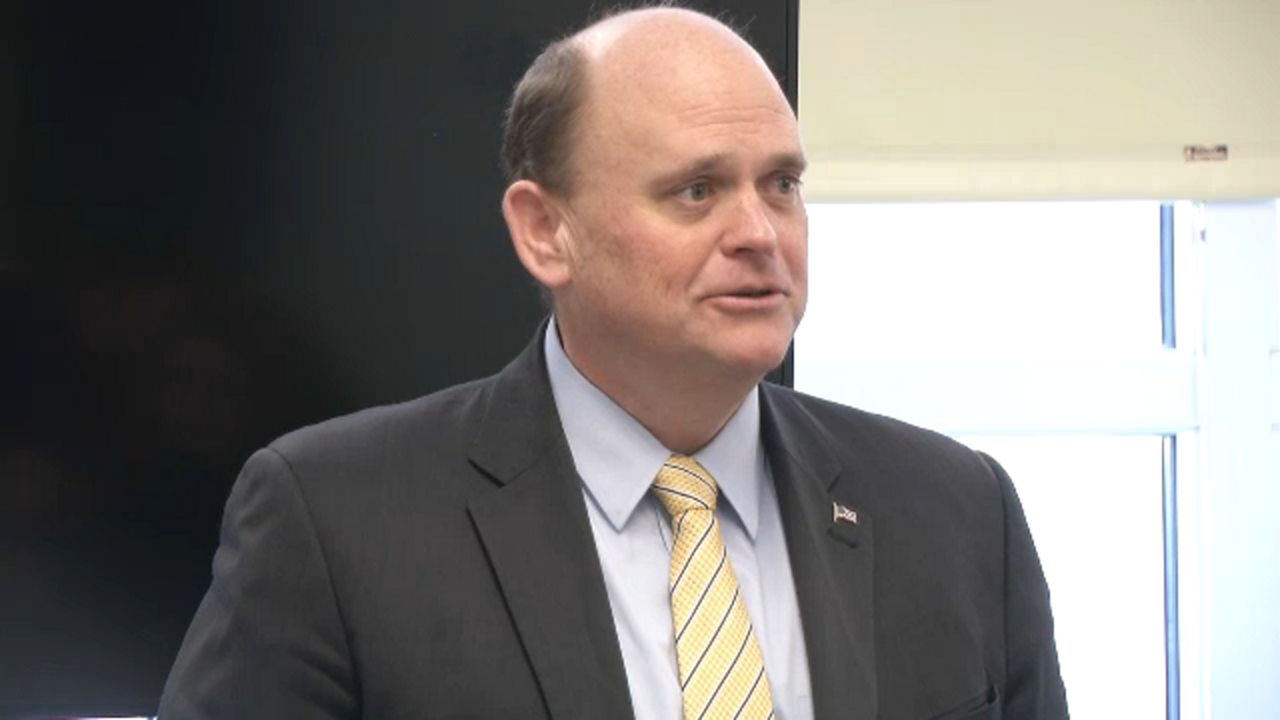A bipartisan group of congressional lawmakers on Wednesday called for the passage of a coronavirus stimulus measure as positive cases are resurgent in every state in the U.S.
And they want it done sooner rather than later.
The bipartisan Problem Solvers Caucus led by Republican Rep. Tom Reed and Democratic Rep. Josh Gottheimer of New Jersey in a joint statement called for an end to the delay over another stimulus package for the economy. The measure has been in varying stages of negotiation since the spring.
"Election Day has come and gone, and the American people — our families, small businesses, and local communities — are all still suffering," the lawmakers said.
"It has been sixty-five days since the Problem Solvers Caucus introduced our framework for a bipartisan COVID-19 relief package. Prior to the election, all parties at the negotiating table expressed a readiness to get a bipartisan deal done, and yet the American people are still waiting to receive the relief they deserve. We cannot delay any longer."
The measure could provide more unemployment assistance for Americans who have lost their jobs due to the pandemic, as well as aid for small businesses and industries negatively affected by the crisis.
"After meeting with senators from both parties and administration officials earlier this week, it is clear that there is an opportunity to get bipartisan, urgently-needed assistance to American families and small businesses," they said. "We need negotiators from both sides to come to the table willing to compromise and fully engage to get a deal across the finish line."
It's not clear, however, if a stimulus measure in a lameduck session of Congress would provide aid for cash-strapped states and local governments like New York has sought. The state has lost billions of dollars in tax revenue and is seeking aid from the federal government to be made whole.
Republicans in the U.S. Senate have been opposed to aiding state governments, however, and a pair of runoff elections in Georgia could shift the balance of power in the chamber next year.


